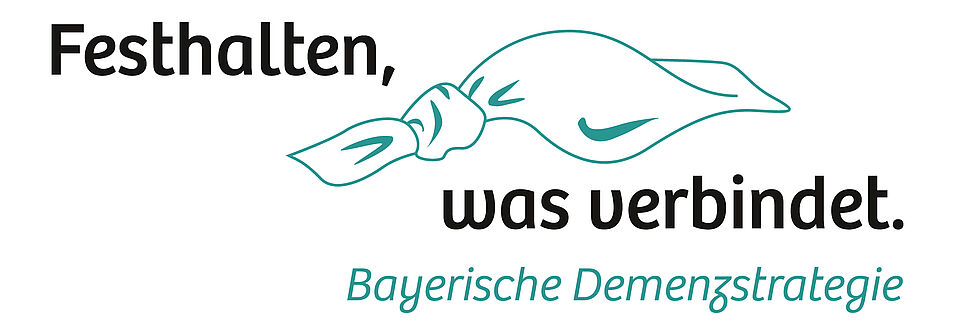FTD-Bayern
Care situation of people with frontotemporal dementia and further development of needs-based care structures in Bavaria
Project overview
| Duration: | 2022-2024 |
| Funding: | Bayerisches Staatsministerium für Gesundheit und Pflege |
| Project lead: | Prof. Dr. Martina Roes |
| Project Staff: | Marie Marleen Heppner |
| Cooperation Partner: | Hans-Weinberger Akademie der AWO e. V. München, DZNE Munich |
Background
Frontotemporal dementia is one of the rare forms of dementia and yet occurs as the second most common form of dementia before the age of 65. It is characterized by deficits in language ability, executive functions and social cognition and differs from the symptoms of, for example Alzheimer's disease, which is characterized by deficits in memory. FTD is underrepresented in health care research and neither in the National Dementia Strategy nor in the Bavarian Dementia Strategy can specific care offers for or indications of the care situation of people with FTD be found. With the differential diagnostic challenges, the multiple manifestations of the disease and the specific care needs associated with it, a range of services, medical diagnostics and a care structure are needed that focus directly on the target group of people with FTD.
Project Aim
On behalf of the Bayerisches Staatsministerium für Gesundheit und Pflege and in cooperation with the Hans-Weinberger-Akademie and the DZNE site Munich, the care situation of people with frontotemporal dementia will be investigated and recommendations for further developments of needs-based care structures in Bavaria will be developed.
Methods
In order to follow the interest of knowledge, an analysis of the current care situation is undertaken, which is to capture existing gaps in the need-based care of different care settings of people with FTD. For this purpose, among other things, people with FTD and family members will be interviewed and current service offerings will be collected and interpreted by means of desktop analysis.
An analysis of the entitlements for people with FTD in the context of long-term care insurance will provide an insight into the current offers and the actual use of this. The analysis of financial, legal and other socially relevant structures will identify obstacles that hinder the implementation of needs-based care for people with FTD. These analyses will be expanded, among others, with an online survey as well as expert interviews, i.e. the perspective of professionals.
Subsequently, based on the collected results, recommendations for the successful further development of care and supply structures for people with FTD in Bavaria will be formulated.
Expected results
It can be assumed that the care needs of people with frontotemporal dementia is currently still rarely addressed both in the care structures (e.g. regional distribution of specialists with FTD expertise) and in terms of care and support services and the consultancy requirements. By analyzing the subjective needs of people with FTD, their relatives and the perspectives of the interdisciplinary caregivers and comparing them with the current care situation, concrete recommendations can be developed, which will improve the focus on people with FTD in care in Bavaria.
Contact




